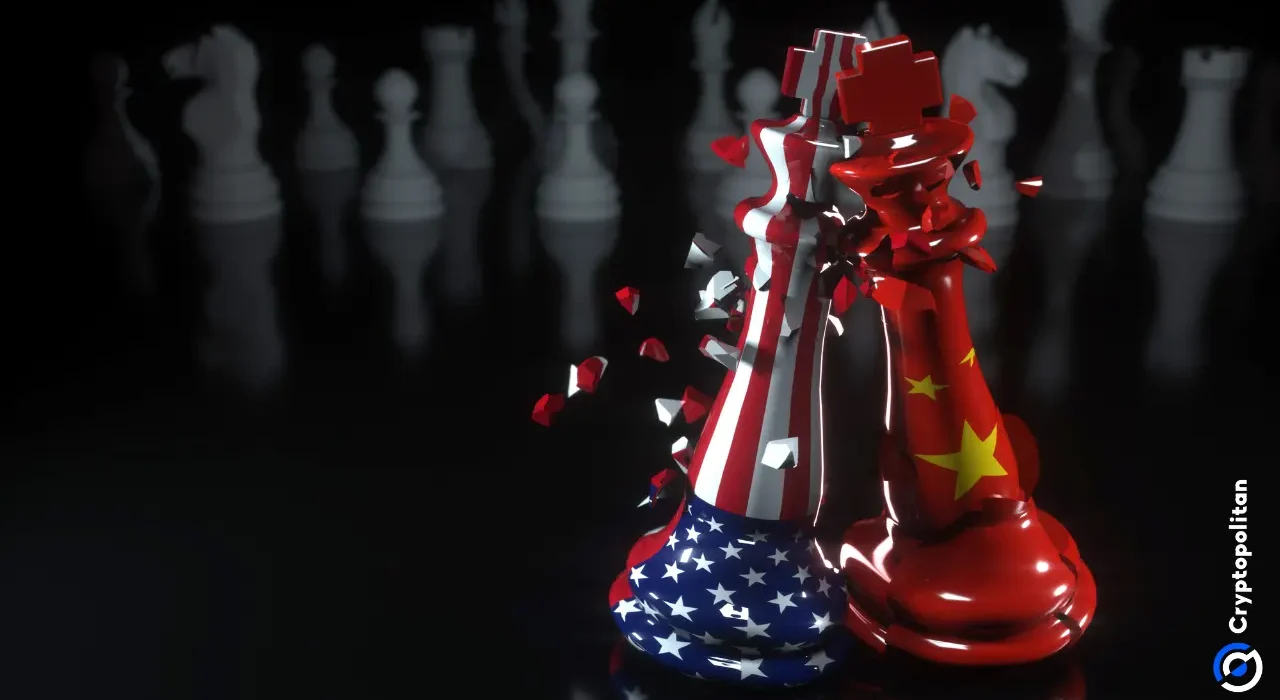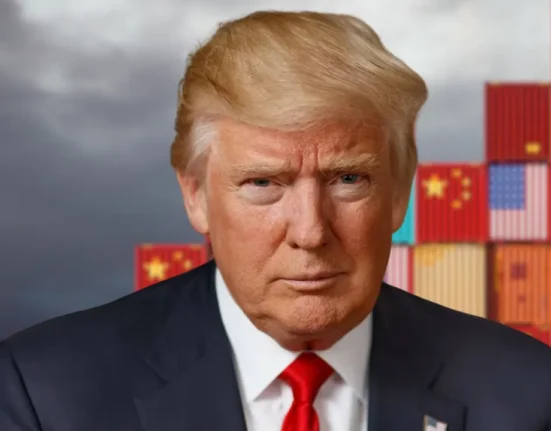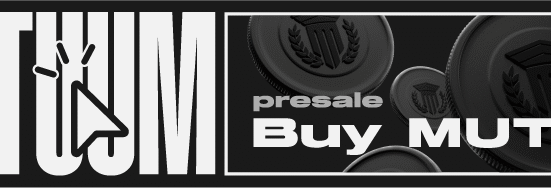President Donald Trump’s buddy, China’s President Xi Jinping, is hustling to fix things with America before the highly-expected trade war kicks off on Monday. He’s calling for a truce in a fight he never started, a fight he desperately tried to stop.
According to a report from Wall Street Journal, Beijing is preparing to offer President Trump a trade deal designed to delay or eliminate the 10% tariffs he announced against China on Saturday, as well as technology restrictions.
Reportedly, the proposal focuses on reviving the 2020 Phase One trade deal, which fell apart before it could deliver. But this time, China’s plan comes with a few new offers designed to grab Trump’s attention.
Phase One 2.0: China’s $200 billion pledge revived
Back in 2020, Beijing promised to increase purchases of American goods and services by $200 billion over two years. The results were a disaster. China didn’t even hit 60% of the target, according to estimates by the Peterson Institute for International Economics.
But the Journal’s report claims that this time will be different—at least on paper. China is willing to refocus its purchases on products it actually needs, like tech hardware, chips, semiconductors, and US energy products.
That’s a huge change from the original agreement, which many analysts described as over-ambitious and unrealistic. China is also throwing in new promises to invest in US industries, particularly electric car battery production. Beijing wants this to appear like a win-win for both countries.
Sources in Washington reportedly said the investment strategy could be designed to ease some concerns over America’s growing dependence on Chinese manufacturing.
In a bid to keep currency issues off the table, China is also pledging not to devalue the yuan to make its exports more competitive.
Chinese officials also reportedly said they would commit to reducing exports of the precursors used in producing the deadly drug known as Fentanly, which really bothers Trump.
But already, not everyone is buying what China is selling. Howard Lutnick, Trump’s new Commerce Secretary, made it clear during his confirmation hearing last week that tech restrictions must remain a priority.
Howard cited Chinese AI startup DeepSeek as an example, saying the company had managed to sidestep US chip export controls to develop a chatbot rivaling American models. “It’s got to end,” he said, promising a “very strong response” to future violations.
Treasury Secretary Scott Bessent, on the other hand, seems more open to negotiations. During his own confirmation hearing, he suggested enforcing Phase One purchase guarantees with a possible “catch-up” provision to make up for previous failures.
But he’ll have to deal with pushback from other administration officials, like Peter Navarro, who continue to push for tougher action against Beijing.
TikTok and tech tensions complicate talks
Part of China’s offer involves treating the TikTok dispute as a “commercial matter” and keeping the government out of negotiations. Trump previously demanded a 50-50 split between US and Chinese interests in TikTok, but Beijing’s new stance suggests it will let ByteDance, the app’s parent company, handle the details with potential American investors.
That doesn’t mean the process will be smooth though. One major sticking point is TikTok’s algorithm, the secret sauce that drives content recommendations. Beijing added this algorithm to its export-control list, making it unclear if Chinese officials will allow it to be part of any deal.
The Journal’s report said President Xi’s goal is to convince Trump that a deal can benefit both countries without giving up too much leverage. Since taking office seven days ago, Trump has targeted China’s massive trade surplus with the US, which regularly exceeds hundreds of billions of dollars.
His strategy is to force Beijing to buy more US products to close that gap. But he’s also tying trade negotiations to geopolitical issues, like asking for China’s help in ending Russia’s war in Ukraine.
Chinese officials see the upcoming summit between Trump and Xi as an opportunity to negotiate. Vice President Han Zheng, who represented China at Trump’s January 20 inauguration, has been discussing trade, TikTok, fentanyl, and other issues with members of the new administration.
Cryptopolitan Academy: Are You Making These Web3 Resume Mistakes? – Find Out Here








